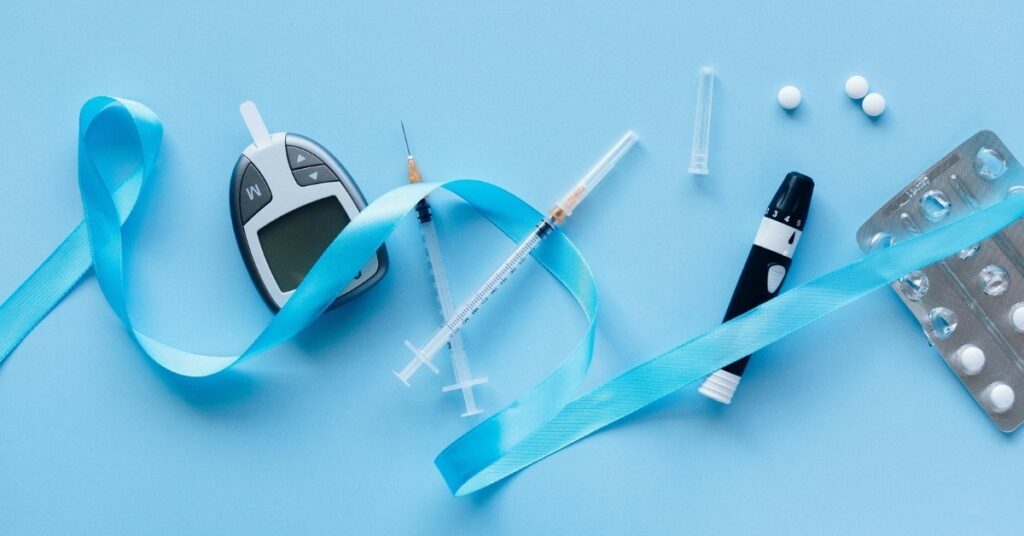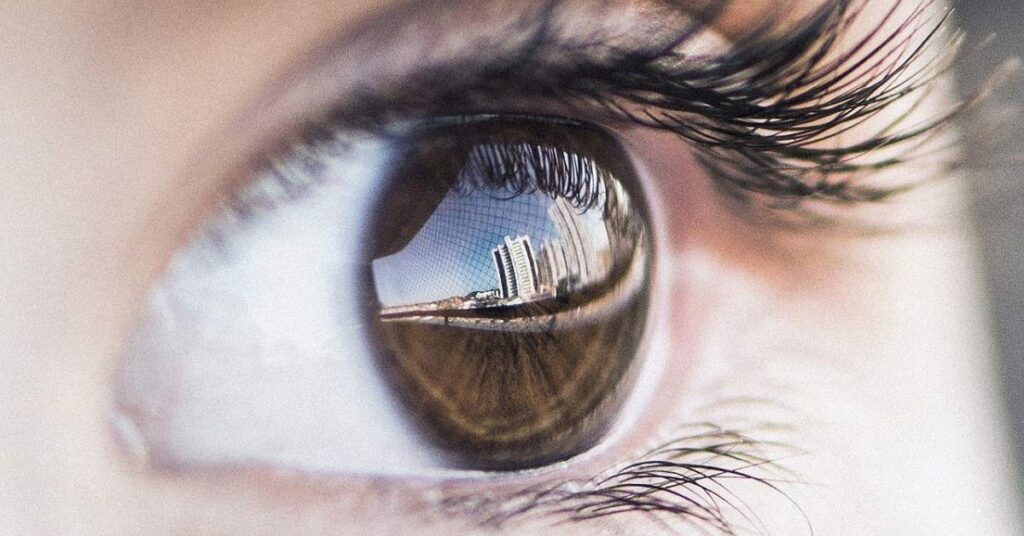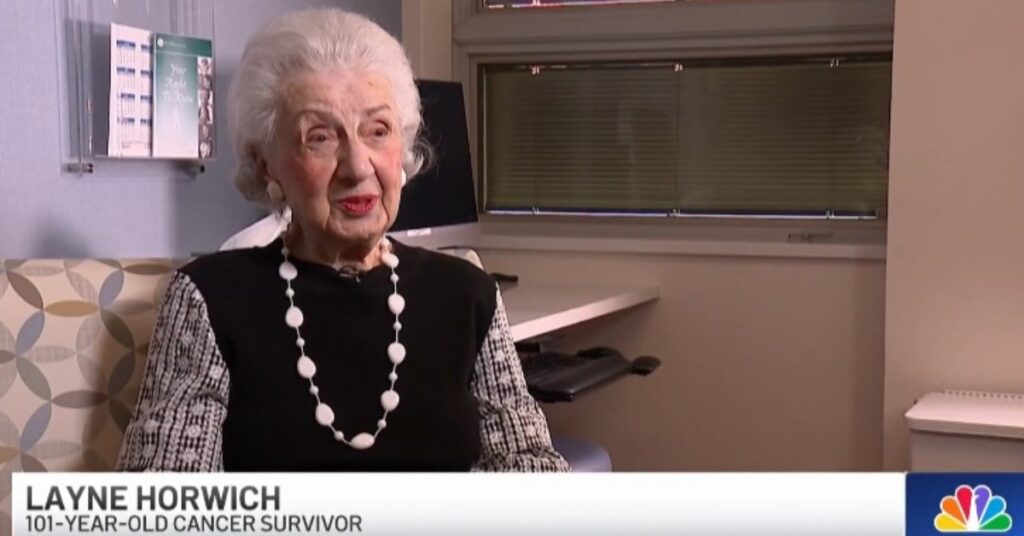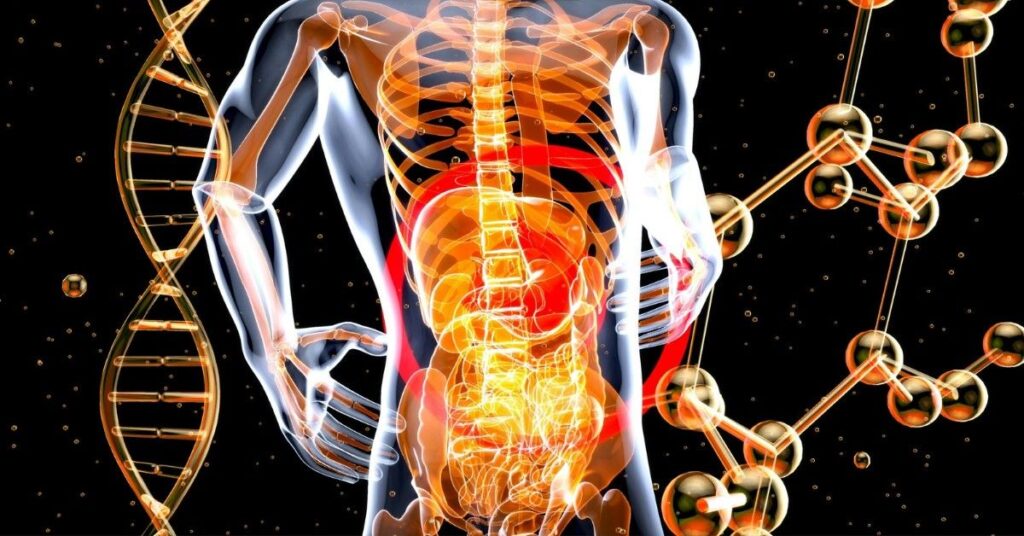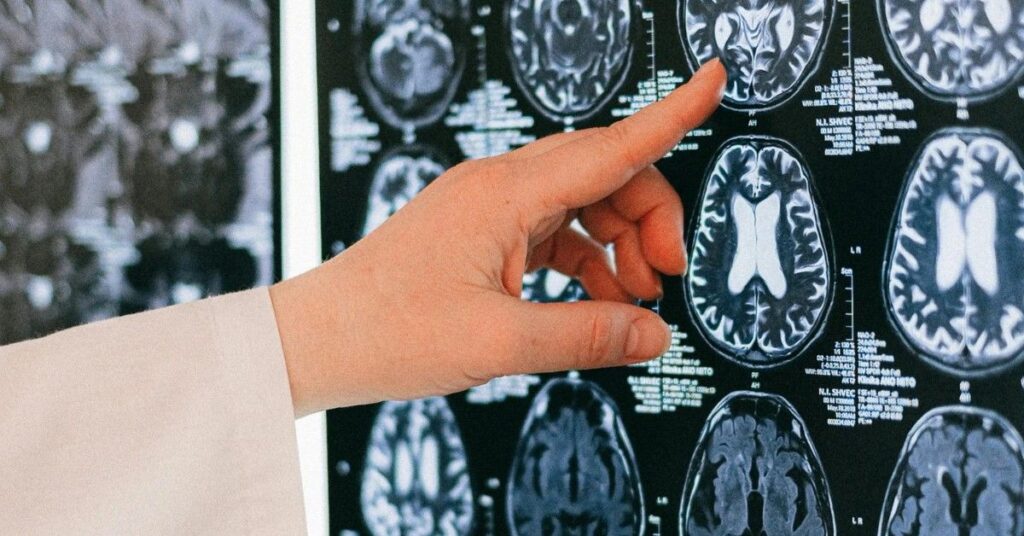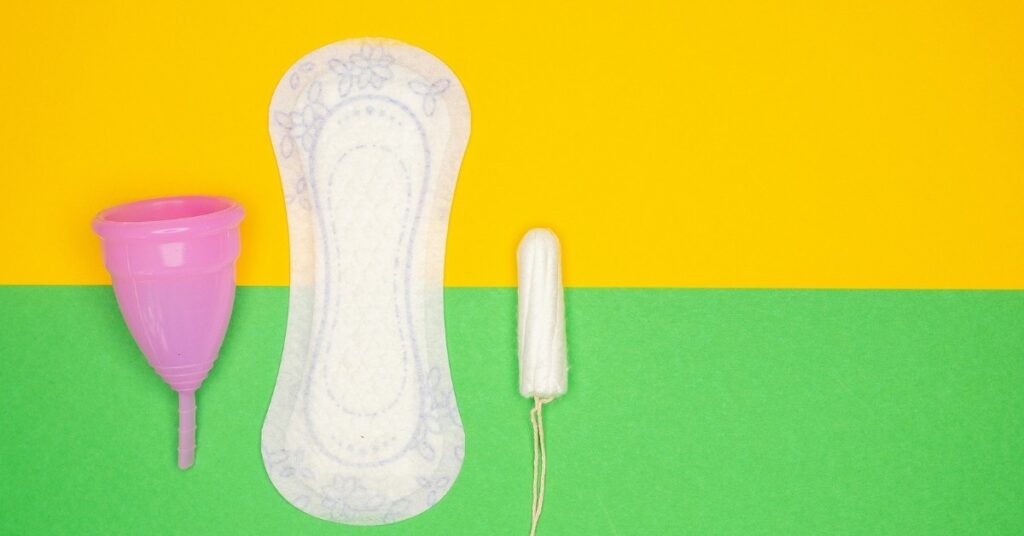If you’re dealing with long-term kidney issues, unexplained fatigue, or changes in your urine, it might be more than just a kidney problem — chronic kidney disease could also raise your risk of developing kidney cancer. Here’s how they’re connected and why early care matters.
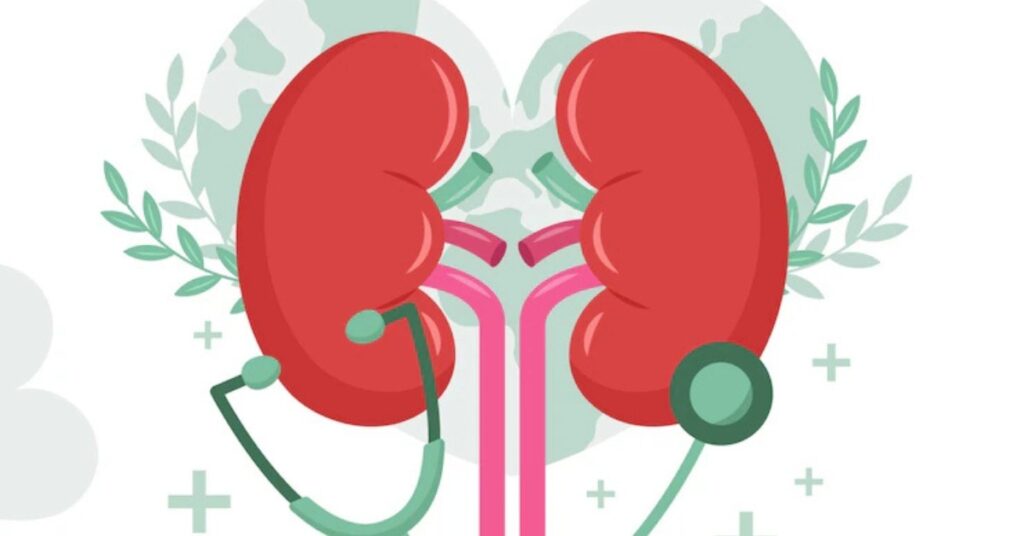
World Kidney Cancer Day is held on the third Thursday of June each year to raise awareness about one of the most overlooked yet rapidly growing cancers. In 2025, it will be observed on June 19 with the theme, “Show Your Kidneys Some Love.” This global campaign encourages people to pay attention to their kidney health, understand the risks of kidney cancer, and take steps toward early detection and prevention.
What makes this especially important is the growing link between chronic kidney disease (CKD) and kidney cancer. Many people living with kidney problems don’t realize that the same conditions harming their kidneys can also raise their risk for cancer.
What Is Kidney Cancer?
Kidney cancer, also known as renal cancer, begins in the cells of the kidney. The most common type is renal cell carcinoma, which accounts for over 80% of all kidney cancer cases. In its early stages, kidney cancer often doesn’t cause any noticeable symptoms, which is why it can go undetected until it becomes more advanced.
When symptoms do appear, they may include:
- Blood in the urine (even if it’s intermittent)
- Persistent lower back or side pain
- A lump or mass in the kidney or abdominal area
- Unexplained fatigue
- Sudden weight loss without effort
However, many of these signs appear late in the disease, making early detection and awareness critical.
What Is Chronic Kidney Disease (CKD)?
CKD is a long-term condition where kidney function slowly declines. Over time, this damage can lead not only to kidney failure but also to cellular changes that may become cancerous.
Here are some common causes of CKD — each of which also increases the risk for kidney cancer:
Diabetes
When blood sugar levels remain high for long periods, it puts strain on the kidneys’ tiny blood vessels. This weakens their ability to filter waste efficiently. Over time, this damage can become permanent, leading to a complication called diabetic kidney disease — a major cause of CKD.
High Blood Pressure (Hypertension)
Consistently elevated blood pressure makes the heart and blood vessels work harder, including those in the kidneys. This constant pressure can injure the delicate filtering structures in the kidneys, resulting in scarring and gradual loss of function, often progressing to CKD.
Glomerulonephritis
This refers to a group of conditions that cause inflammation in the glomeruli — the kidney’s filtering units. It can be triggered by infections, autoimmune reactions, or unknown factors. Chronic inflammation interferes with the kidneys’ ability to filter blood and may lead to lasting damage.
Polycystic Kidney Disease (PKD)
A genetic condition where fluid-filled cysts develop in the kidneys.
These cysts can grow large and numerous, compressing kidney tissue and interfering with normal function.
Prolonged Use of Painkillers
Long-term use of certain medications, especially NSAIDs like ibuprofen, can harm the kidneys.
These drugs can reduce blood flow to the kidneys and promote inflammation, leading to chronic damage over time.
Urinary Blockages
Conditions such as kidney stones, an enlarged prostate, or tumors can block the urinary tract.
This causes pressure to build up in the kidneys, potentially leading to kidney swelling (hydronephrosis) and irreversible damage.
Who’s at Risk for Kidney Cancer?
While anyone can develop kidney cancer, certain groups are more vulnerable. Risk factors include:
- Having CKD or a history of kidney problems
- Smoking, which damages blood vessels and kidney tissue
- Being overweight or obese
- A family history of kidney cancer
- Long-term exposure to workplace chemicals like asbestos or cadmium
- Being male — men are nearly twice as likely as women to develop kidney cancer
- Age over 50
If you fall into any of these categories, it’s important to be extra mindful of your kidney health and discuss regular screening with your doctor.
Also Read: Biggest Triggers of Breast Cancer, According to Experts
Preventing Kidney Cancer Starts with Kidney Care
The theme “Show Your Kidneys Some Love” emphasizes the importance of everyday choices that protect kidney health and reduce cancer risk. Here’s what you can do:
- Stay hydrated – Water helps the kidneys flush out toxins effectively
- Limit salt and processed foods – These strain the kidneys and raise blood pressure
- Manage your blood pressure and blood sugar – Especially if you have diabetes or hypertension
- Avoid smoking and excessive alcohol
- Be cautious with painkillers – Only use NSAIDs when necessary, and never in excess
- Exercise regularly and maintain a healthy weight
- Get regular check-ups, especially if you have any known kidney issues or family history
Also Read: Is It Just Your Period? Early Signs of PCOS to Watch For
Disclaimer: This article is meant for general informational purposes only and should not be considered medical advice. If you are experiencing symptoms related to kidney health or have concerns about chronic kidney disease or cancer, please consult a qualified healthcare professional for diagnosis and personalized treatment.

